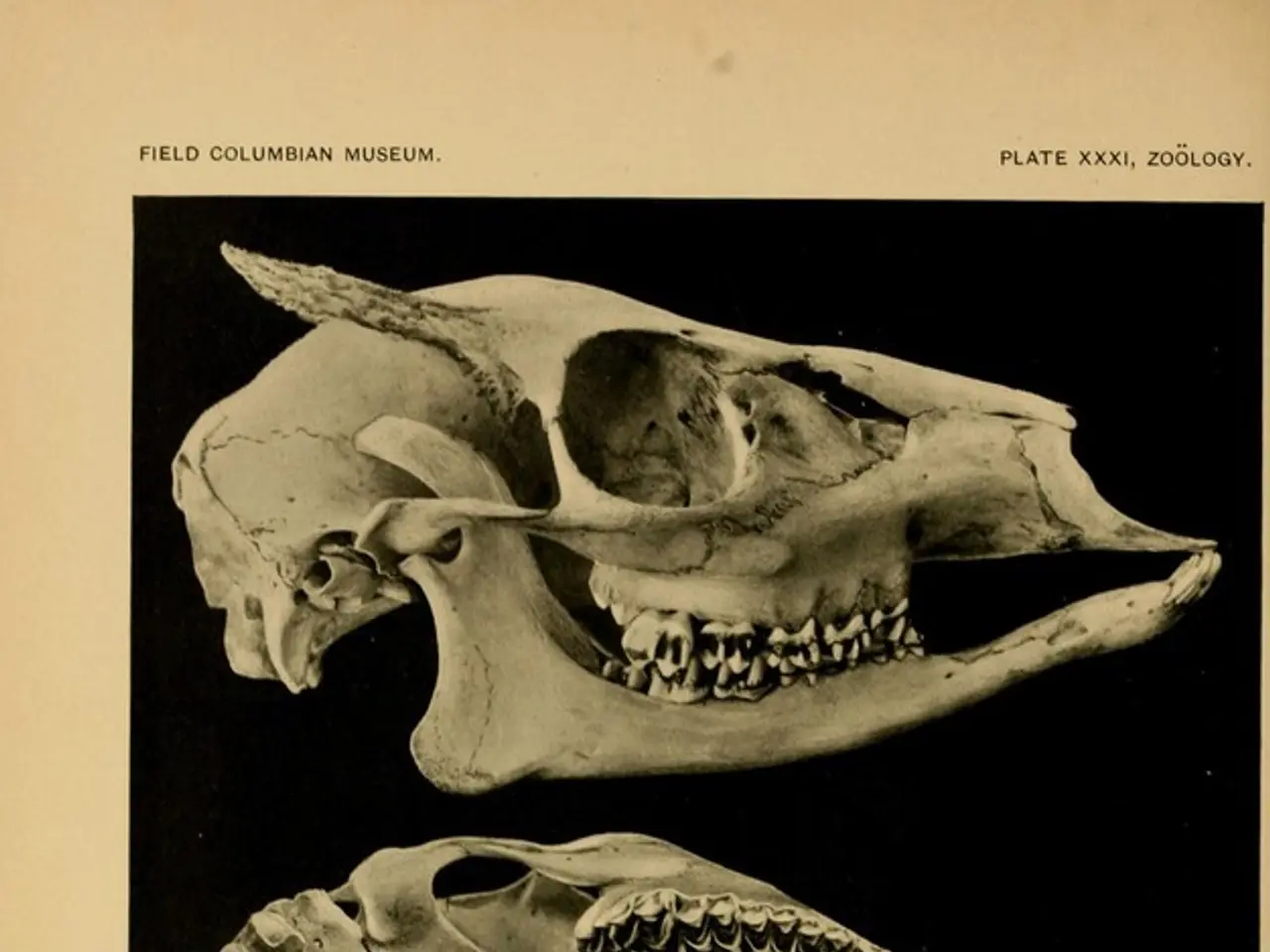Innovative research venture may provide solace for over 20 million people in the U.S. dealing with brain injuries
The Advanced Research Projects Agency for Health (ARPA-H) has launched an ambitious initiative called the Functional Repair of Neocortical Tissue (FRONT) program. This groundbreaking project aims to restore brain function in individuals suffering from chronic neocortical damage caused by conditions such as stroke, traumatic brain injury (TBI), Alzheimer's disease, and other neurodegenerative disorders [1][3].
The neocortex, the brain's largest region responsible for sensory perception, motor control, and higher-order cognition, is often damaged by these conditions. Currently, existing treatments provide only partial improvements, often requiring lifelong care [1][3]. The FRONT program seeks to develop methods to convert non-specialized cells into normal cortical tissue and graft them into damaged areas, with the goal of measuring successful integration of the grafted cells, restoration of normal layered cortical structure, and ultimately functional recovery [3].
The hope is that the FRONT program can reverse permanent brain damage, allowing millions of Americans to regain their independence and normal lives. However, translating this promising regenerative science into clinical trials and eventual treatments presents significant challenges. The complexity of the brain's architecture and function, challenges in ensuring grafted cells integrate and establish normal cortical layers, and demonstrating meaningful functional recovery in patients are just a few of the hurdles [2].
To address these challenges, ARPA-H designs programs and collaborates with academic, industrial, and other parties to achieve the goals of the projects it takes on. Dr. Jean Hebert, program manager at ARPA-H, expects the FRONT program to be ready for clinical trials at the end of its 5-year duration [1].
Ethical issues are of paramount importance in the FRONT program, and ethics experts are being consulted to address potential challenges, particularly in cases where individuals have permanent brain damage, and consent can be tricky. The metrics and milestones for the FRONT program, including the quality of the precursor tissue and its ability to wire with the brain, are well-defined in the open call [1].
The brain tissue being grown is a blank slate that will adapt to the needs of each patient. Scaling the technology to bring this treatment to as many people as possible will also need to be developed. Stroke and Alzheimer's advocacy groups, among others, are being engaged to prepare for the potential implementation of the new treatment once regulatory bodies are satisfied [1].
The success of the FRONT program will be measured by its ability to repair damaged brain tissue and restore lost function in individuals with chronic neocortical brain damage. Recent work shows that if brain stem cells are put in damaged brain tissue, they have the potential to connect with the rest of the brain [2]. The program aims to reduce the burden on families, caregivers, and society by enabling patients to return to work and other activities.
The FRONT program is a source of hope for those suffering from chronic neocortical brain damage caused by conditions like stroke, Alzheimer's, or TBI. As ARPA-H continues to collaborate and develop the program, the future looks promising for those seeking a cure for these debilitating conditions.
- The federal workforce at ARPA-H is focusing on the FRONT program, which aims to use science to develop methods for repairing and restoring the health-and-wellness of individuals suffering from medical-conditions like stroke, Alzheimer's disease, and traumatic brain injury (TBI), by converting non-specialized cells into normal cortical tissue and grafting them into damaged areas.
- If successful, the FRONT program could potentially reduce the burden on families, caregivers, and society by enabling patients to return to their roles in the federal workforce and other activities, providing a cure for chronic neocortical brain damage caused by conditions like stroke, Alzheimer's, or TBI.




